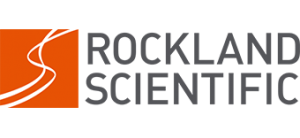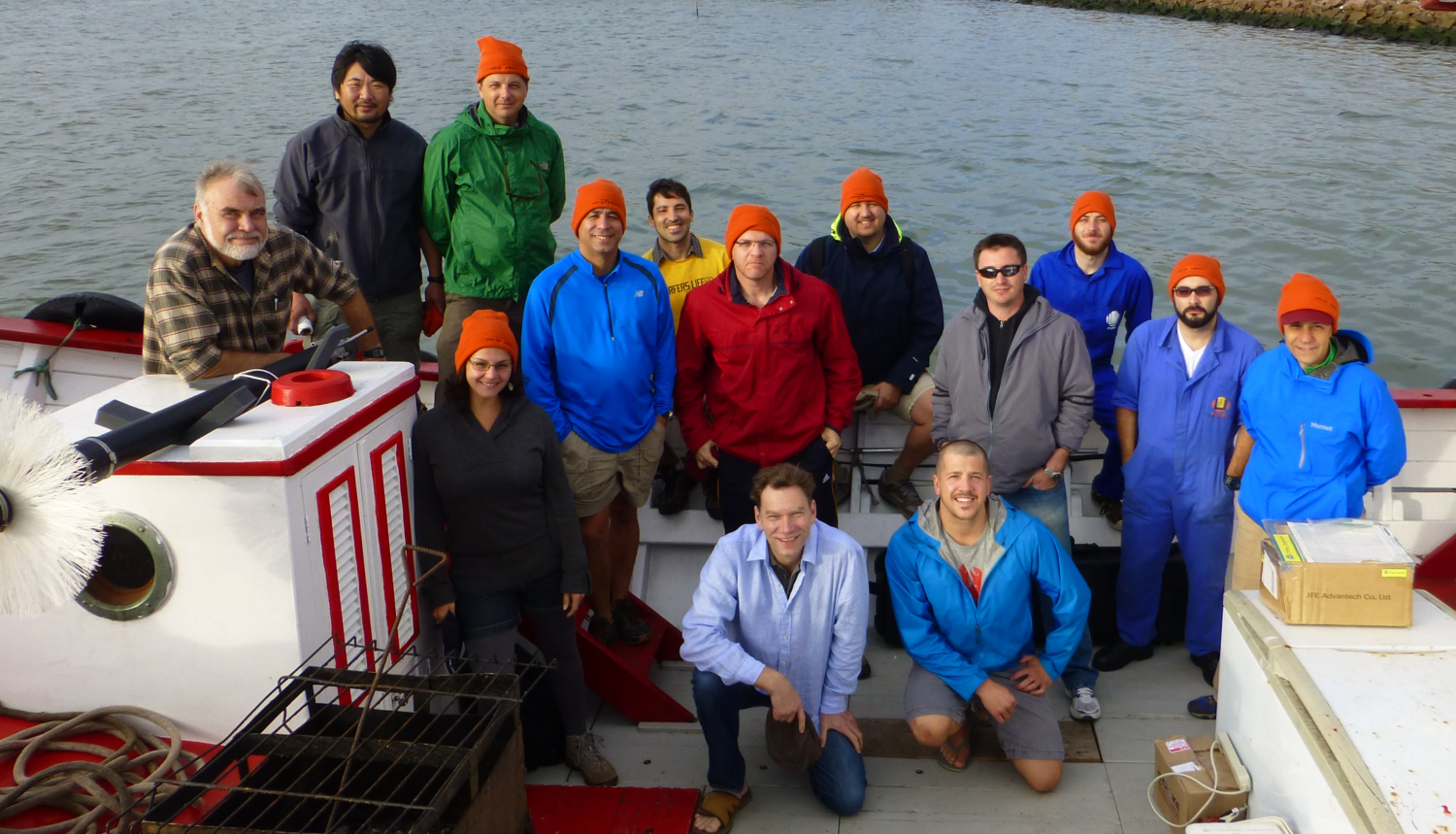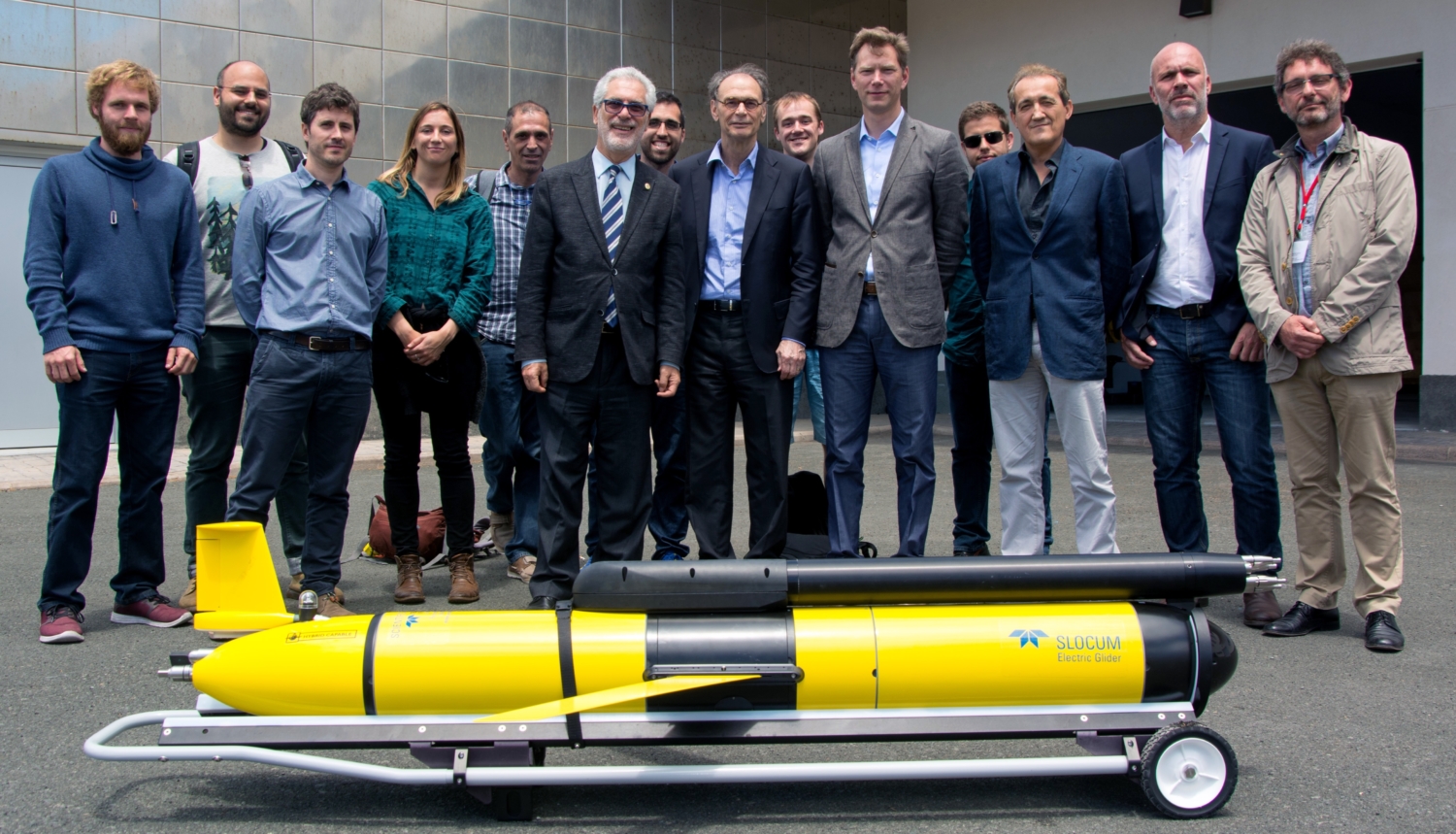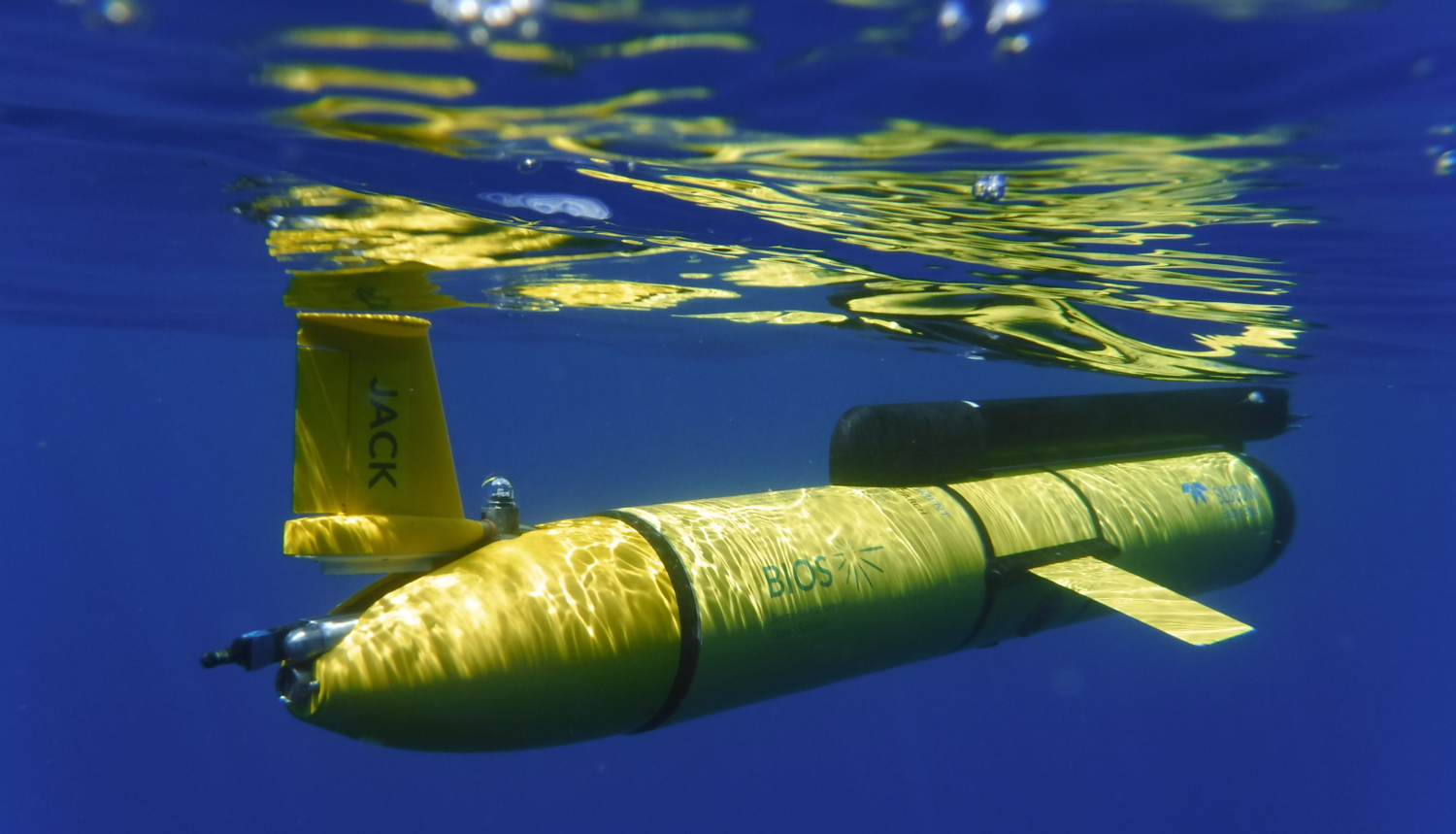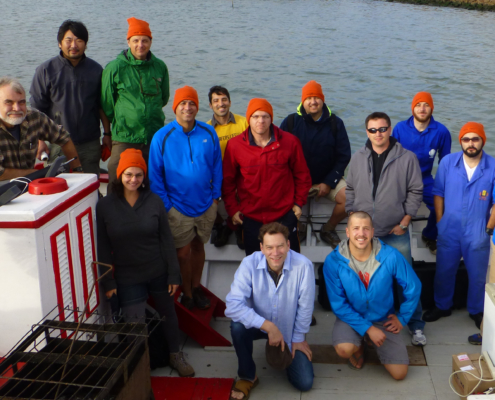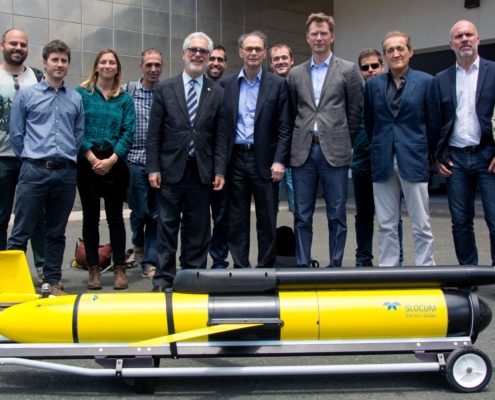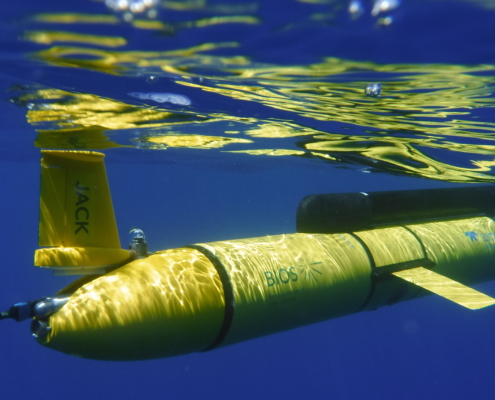Turbulence Education
The following turbulence education modules are typically offered as part of a 5 day workshop including Technical Instrument Training. Some or all of these modules may be presented depending on the goals of the workshop and interest of the participants.
Modules and Learning Goals
Fundamental Turbulence Theory
• Define turbulence
• Identify the Navier-Stokes equation
• Apply the Reynolds decomposition to the Navier-Stokes equation to derive mean and second order properties of turbulent flow
Ocean Turbulence Theory
• Apply dimensional analysis to derive length scales, such as buoyancy frequency, Ozmidov scale, Komogrov scale, and Batchelor scale
• Reduce the viscous dissipation of turbulent kinetic energy to a single term under isotropic conditions
• Describe the Osborn and the Osborn & Cox models
• Explain the Taylor Frozen Field hypothesis
• Identify, define, and describe the one-dimensional velocity spectrum, the shear spectrum, and the Nasmyth spectrum
Ocean Turbulence Measurement Techniques
• Identify key limitations of measuring fluxes in most regions of the ocean
• Explain why the velocity field is measured into the dissipation range
• Calculate the noise level required for deep ocean measurements
• Classify different operating environments, their average dissipation, and the corresponding length scale of eddies
• Recognize implicit and explicit profiling requirements
• Describe sampling noise
• Derive the error introduced by quantization of data during sampling
• Describe the concept of pre-emphasis
• Discuss the Goodman coherent noise removal technique
Other Techniques for Measuring Ocean Turbulence
• Examine the underlying assumptions of the Variance Difference Method using the ADCP
• Explain the pitfalls of the Variance Difference Method using the ACDP
• Describe the Structure Function Method technique using the ADCP
• Compare the advantages and disadvantages of using ADVs to measure turbulence
Special Topics
• Special topic units can be prepared by Rockland Staff upon request. For large group training, this unit may be provided by an invited Guest Researcher.
https://rocklandscientific.com/wp-content/uploads/2019/03/Capture.png
276
261
caorda
https://rocklandscientific.com/wp-content/uploads/2015/08/RSI-logo-horiz-300x138.png
caorda2019-03-06 16:05:162019-03-07 15:45:23Ocean Microstructure Glider Workshop, OMG 2019, Victoria BC, June 10 – 14, 2019
Ocean Turbulence Workshop in South Africa Lead by Rockland Microstructure Specialists
“UKZN’s Department of Civil Engineering held the first ever workshop on Ocean Turbulence in South Africa. The workshop was facilitated by Derek Stretch, Professor for Environmental Fluid Mechanics, with funding provided through an Office of Naval Research (ONR) global grant. Turbulence at microstructure scales (a centimetre or less) is an important mechanism for mixing in the […]
https://rocklandscientific.com/wp-content/uploads/2019/01/DSCF5933-1.jpg
3456
4608
caorda
https://rocklandscientific.com/wp-content/uploads/2015/08/RSI-logo-horiz-300x138.png
caorda2019-01-22 09:01:482019-01-22 15:18:21Ocean Turbulence Workshop in South Africa Lead by Rockland Microstructure Specialists
Ocean Microstructure Glider Workshop, OMG 2018, Bermuda, May 28 – June 1, 2018
OMG 2018 is a specialized training program for Rockland turbulence measurement systems that are integrated with ocean gliders. OMG 2018 will be hosted by the Mid-Atlantic Glider Initiative & Collaboration (MAGIC) at the Bermuda Institute of Ocean Sciences. Training will be optimized for both scientists and technicians and facilitated by instrument specialists from Rockland Scientific. […]
https://rocklandscientific.com/wp-content/uploads/2018/07/DSCF6956.jpg
3456
4608
Jeremy Hancyk
https://rocklandscientific.com/wp-content/uploads/2015/08/RSI-logo-horiz-300x138.png
Jeremy Hancyk2018-02-08 12:03:322018-08-02 15:52:37Ocean Microstructure Glider Workshop, OMG 2018, Bermuda, May 28 – June 1, 2018
Ocean Turbulence Workshop : 22 – 26 January 2018
With support from the ONR-Global program, the Environmental Fluid Mechanics Lab at UKZN, in collaboration with Rockland Scientific, is organizing a training workshop on Ocean Turbulence in January 2018. Rockland’s Dr Rolf Leuck, a leading international expert on the measurement of ocean microstructure, will lead the workshop. The course deals with both theoretical and practical […]
https://rocklandscientific.com/wp-content/uploads/2017/11/RSI-logo-vert.jpg
800
800
Jeremy Hancyk
https://rocklandscientific.com/wp-content/uploads/2015/08/RSI-logo-horiz-300x138.png
Jeremy Hancyk2018-01-11 10:58:282018-08-02 15:42:41Ocean Turbulence Workshop : 22 – 26 January 2018
Well-Attended Inaugural China Ocean Turbulence Workshop (COTW 2017) Comes to a Close
QINGDAO, CHINA, November 3, 2017 – Rockland Scientific Inc. (Rockland), in cooperation with partners JFE Advantech (JFE) and Ocean Science & Technology Company, Inc. (OST-Qingdao), have successfully concluded the inaugural China Ocean Turbulence Workshop (COTW) in Qingdao this week. The 2017 COTW, with 45 delegates, brought together a wide range of Rockland instrument users from across […]
https://rocklandscientific.com/wp-content/uploads/2017/11/RSI-logo-vert.jpg
800
800
Jeremy Hancyk
https://rocklandscientific.com/wp-content/uploads/2015/08/RSI-logo-horiz-300x138.png
Jeremy Hancyk2017-11-02 08:00:342020-03-31 12:05:31Well-Attended Inaugural China Ocean Turbulence Workshop (COTW 2017) Comes to a Close
The 1st Summer School of Upper Ocean Turbulence, Gdańsk 2016
The 2 week course included a 2 week intensive training period (25 July – 5 August) with lectures by a diverse set of international experts that intend to cover a broad spectrum of problems ranging from application of spectral methods in turbulence data analysis to numerical methods in turbulence research. The last week of the […]
https://rocklandscientific.com/wp-content/uploads/2017/11/RSI-logo-vert.jpg
800
800
Jeremy Hancyk
https://rocklandscientific.com/wp-content/uploads/2015/08/RSI-logo-horiz-300x138.png
Jeremy Hancyk2017-02-07 10:26:532020-03-31 12:51:44The 1st Summer School of Upper Ocean Turbulence, Gdańsk 2016
OMG 2017: Ocean Microstructure Glider Training
Ocean Microstructure Glider training, “OMG 2017”, is a 4-day training workshop that covers all aspects of turbulence measurements using MicroRider integration with ocean glider platforms. The training workshop will cover setup, operation, maintenance, deployment and processing of turbulence data. The workshop is scheduled for April 24-27, 2017 in Victoria, B.C. Canada. Please see the OMG 2017 […]
https://rocklandscientific.com/wp-content/uploads/2017/02/OMG2017logo_large-01.jpg
363
417
Jeremy Hancyk
https://rocklandscientific.com/wp-content/uploads/2015/08/RSI-logo-horiz-300x138.png
Jeremy Hancyk2017-02-03 12:28:462018-08-02 15:44:52OMG 2017: Ocean Microstructure Glider Training
VicTOR 2016 Success!
Thank you to everyone who attended VicTOR 2016. It was a successful week and we are happy to see so many people learning about ocean turbulence.
https://rocklandscientific.com/wp-content/uploads/2017/05/Victor_Square-300x300.jpeg
300
300
Jeremy Hancyk
https://rocklandscientific.com/wp-content/uploads/2015/08/RSI-logo-horiz-300x138.png
Jeremy Hancyk2016-10-25 09:12:582018-08-02 15:45:30VicTOR 2016 Success!
Visitor’s Info Package for VicTOR 2016 Released
Only 2 weeks until VicTOR 2016! Please find all the information in our VicTOR 2016 Information Package.
https://rocklandscientific.com/wp-content/uploads/2017/05/Victor_Square-300x300.jpeg
300
300
Jeremy Hancyk
https://rocklandscientific.com/wp-content/uploads/2015/08/RSI-logo-horiz-300x138.png
Jeremy Hancyk2016-10-03 12:47:092018-08-02 15:46:04Visitor’s Info Package for VicTOR 2016 Released
VicTOR 2016: Victoria Turbulence Observation Retreat
VicTOR 2016 builds on success of previous turbulence training workshops held around the world The Victoria Turbulence Observation Retreat, “VicTOR 2016”, is a 5-day VMP training workshop that covers all aspects turbulence measurements using VMP profilers, from basic measurement theory, to the setup, operation, maintenance, deployment and processing of VMP turbulence data. The workshop is scheduled for […]
https://rocklandscientific.com/wp-content/uploads/2017/05/Victor_Square-300x300.jpeg
300
300
Jeremy Hancyk
https://rocklandscientific.com/wp-content/uploads/2015/08/RSI-logo-horiz-300x138.png
Jeremy Hancyk2016-08-25 17:57:352018-08-02 15:46:26VicTOR 2016: Victoria Turbulence Observation Retreat
